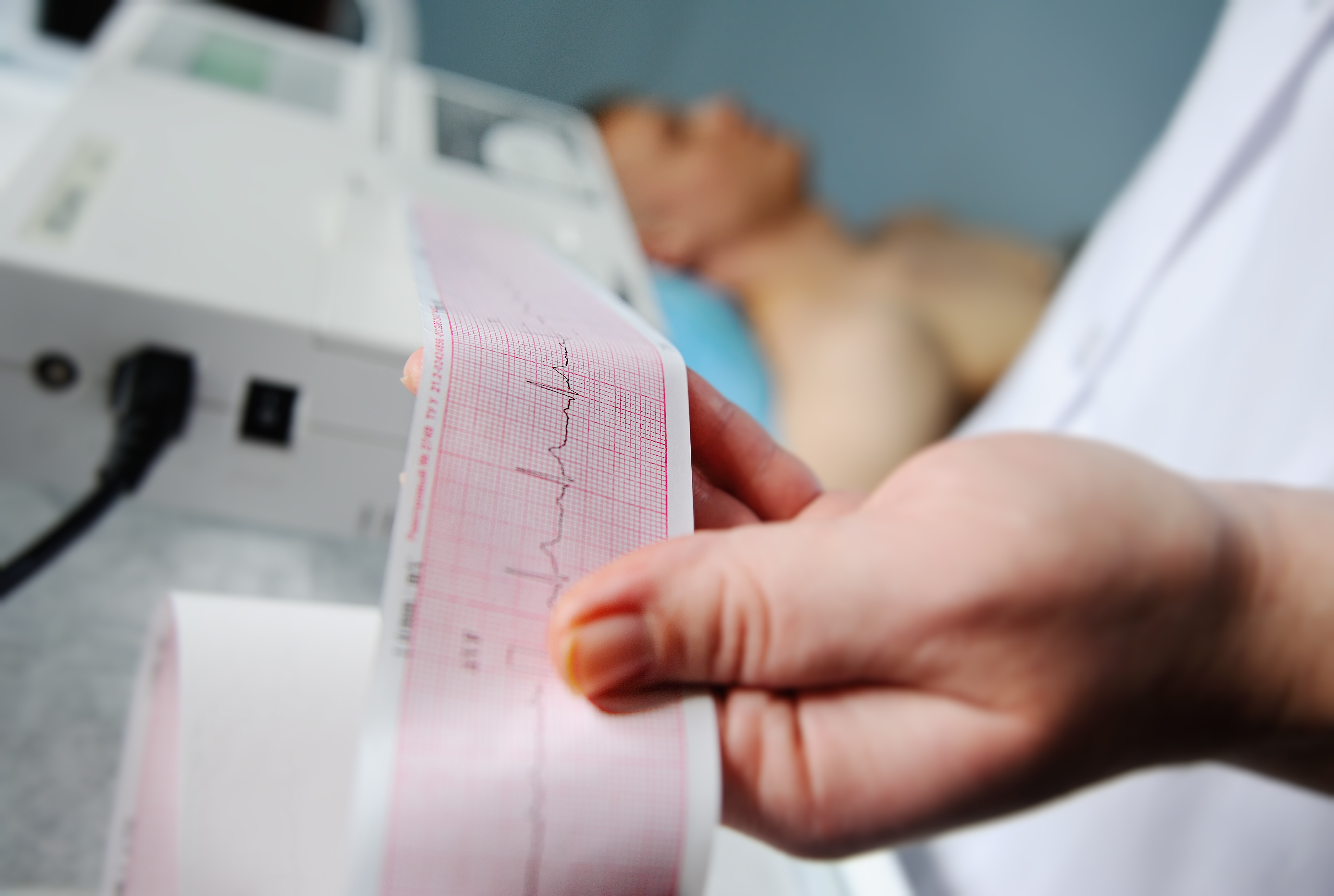A new study has found that U.S. hospitals that have experienced data breaches or ransomware attacks also saw an increase in the death rate of their heart attack patients for months and years after the incidents.
The study found that for the facilities that experienced a breach, it took 2.7 minutes longer for a patient experiencing cardiac arrest to receive an electrocardiogram, according to a new report in Health Services Research. This resulted in an increase in the mortality rate of as much as .36 percentage points.
The researchers also found that the death rate increase is not caused by the actual attacks or perpetrators. Instead, the rise is due to how the healthcare systems remediate their breaches.
“Breach remediation efforts were associated with deterioration in timeliness of care and patient outcomes,” the report concluded. “Thus, breached hospitals and HHS oversight should carefully evaluate remedial security initiatives to achieve better data security without negatively affecting patient outcomes.”
This latest study presents a new twist to cybersecurity in healthcare. For years now, Campus Safety has been reporting on how data breaches have been negatively affecting campuses, and experts have been promoting the need for increased network security.
In September, Campbell County Health in Wyoming experienced a ransomware attack that crippled many of its services. In October, DCH Health System hospitals in west Alabama paid off hackers for the decryption key to the ransomware that impacted three of its facilities. In 2017, a ransomware attack that hit the Erie County Medical Center in New York took its trauma center offline for six weeks. And just last week, CS reported on how malware from Russian military hackers that targeted Ukraine in 2017 shut down a physician transcription services company used by thousands of healthcare facilities in the United States and around the world.
The new study, however, indicates that cybersecurity remediation at hospitals is slowing down clinicians in their attempts to provide medical care to heart attack victims, reports NPR.







